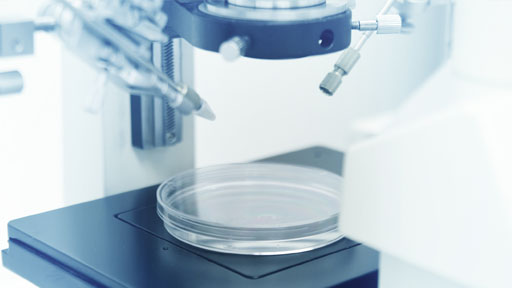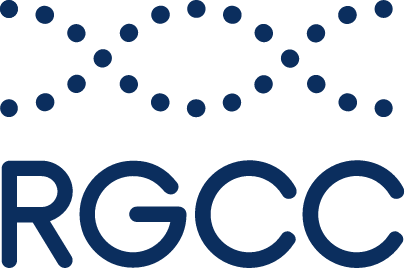Scientists develop improved cancer biomarkers

Researchers have developed a new method for identifying biomarkers that could improve diagnosis and improve outcomes for patients. The Cell Heterogeneity-Adjusted cLonal Methylation (CHALM) method developed by scientists enables them to identify biomarkers that may be missed by traditional techniques, potentially leading to more accurate tests for diagnosing cancer.
DNA methylation is a genetic process that alters genes. Many of these epigenetic changes occur in the early stages, while tumours are forming and are consistent across tumour types. Scientists have established that DNA methylation cancer biomarkers can help scientists detect cancer early, but researchers have consistently found the correlation between gene expression and promoter methylation to be weak.
Traditional methods, the authors argue, are limited because they rely on an “overly simplistic nature of the traditional DNA methylation quantification method.” Simply put, existing processes and models fail to account for crucial differences in cells. This may lead to tumours being missed.
Published in the prestigious Nature Communications journal, the UCI School of Medicine team has developed a new method, called Cell Heterogeneity-Adjusted cLonal Methylation (CHALM), that solves previous problems that have affected the tests. The new model incorporates what the authors describe as “cell heterogeneity information” into calculations, providing much more accurate results.
“We found the CHALM method may be a valuable tool in helping researchers to identify more reliable differentially methylated genes from sequence-based methylation data,” said Wei Li, PhD, Grace B. Bell chair and professor of bioinformatics in the Department of Biological Chemistry at the UCI School of Medicine.
The researchers focused on characterising lung cancer biomarkers, but there are applications for many diseases and conditions, including Alzheimer’s disease they have said. There’s enormous practical potential for the model, and the findings says Li. “For clinicians, this method may aid in cancer diagnosis by helping them identify more useful biomarkers, which are overlooked by the traditional method.”
At RGCC, we welcome any new developments that can improve cancer diagnosis. Our founder, Dr Ioannis Papasotiriou, is a recognised authority on the causes of cancer and has co-authored several studies identifying new biomarkers, including those for prostate cancer and lung cancer.
Genetic tests are potent weapons in the fight against cancer, providing clinicians and patients with life-changing information. We offer a range of personalised tests, including our Metastat RGCC test, to detect circulating cancer tumour cells. Our patented Oncotrail RGCC test can identify specific cancer tumour-cell types.
You can read the full paper, Cellular Heterogeneity-Adjusted cLonal Methylation (CHALM) improves prediction of gene expression, here.

